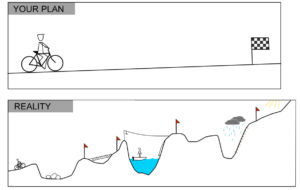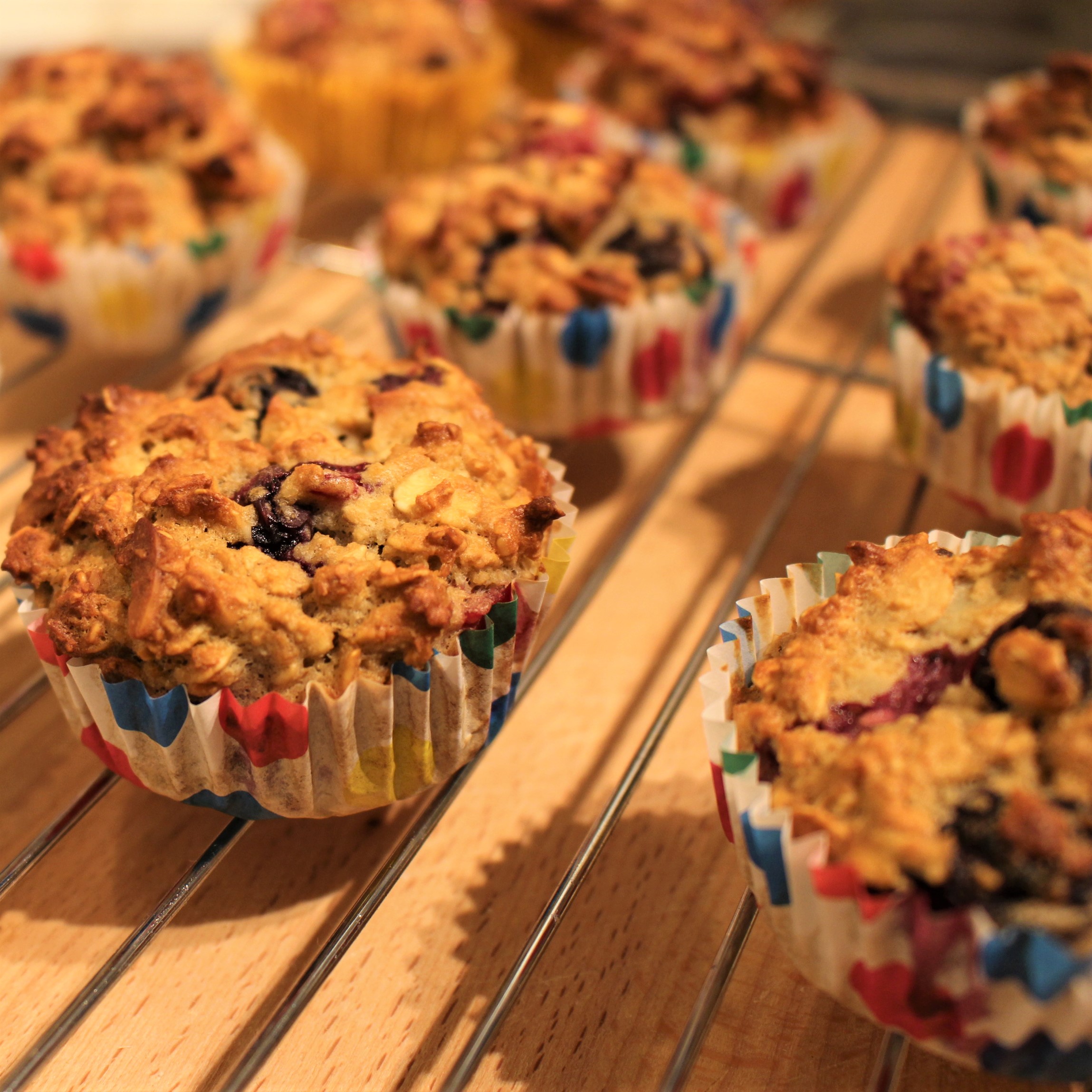Quick Fixes and Shortcuts

All too frequently the nutrition headlines that grab our attention relate to quick fixes or short term solutions for our health, sports performance or appearance. We never get tired of hearing that there is a new, faster and easier way to achieve our health goals, be it lose fat, gain muscle or “tone up”. If you are serious about your health and you want realistic strategies to achieve your goals then you need to accept that it requires effort, planning and consistency. There is no such thing as the perfect diet or the perfect plan. We are all different and we all struggle with different elements of our lifestyle. The key is understanding how we can improve, and sticking to that consistent plan without becoming distracted with what others are doing or trying for something for a week and getting frustrated with your results due to unrealistic expectations.
Here are ten suggestions for long-lasting and sustainable habits:
- Log your food intake for a week in a food diary.

By writing down everything you eat for one week you can see more clearly how much you are eating, what you are eating and when you are eating. This will give you a much better understanding of what areas you need to work on most. People are often surprised when they write down what they eat because it can be easy to forget exactly what we eat and when we eat each day. Keeping a food diary will help to identify if you are eating too many or too few calories. It will also highlight gaps in your diet and help you to plan meals that suit your schedule.
2. Start by focusing on one area to improve.
Rather than aiming to overhaul your diet, target one specific area for improvement first. This should be something that is most relevant to you and is the easiest thing to change, for example, your breakfast. If you don’t currently eat a healthy breakfast start by making sure you have a healthy breakfast each morning and build on that. As you become more consistent with that meal you can work on the next key area of your diet that needs improving.
3. Set realistic targets.

Be realistic about what you want to achieve and give yourself plenty of time to achieve your goal. This could be related to losing or gaining weight or simply eating more fruit and vegetables. Judge your progress over a number of weeks rather than in days or just one week, as new habits take time to form. Take pride and belief in the small wins. For example, if you only eat two portions of vegetables a day at the moment, try to add one or two more portions of vegetables a day to your diet. Sticking to this consistently will make a big difference to overall nutrient intake and have positive impacts on your eating habits.
4. Plan your meals/recipes every week using the daveynutrition meal planner

People love the idea of meal plans and often think if they have the perfect meal plan they can follow it for their desired results. In reality it never really turns out like that because people love variety and don’t like to stick to the same food for long periods. We have created a way around this by creating a fully customisable meal planner that you can use to choose different meals on different days. You enjoy breakfast, snacks, lunch and dinner based on your preferences and swap in new ideas every week to create a new healthy eating pattern. By creating your own meal plan at the beginning of each week from my delicious recipes you are far more likely to stick to eating healthy meals.
5. Make sure you have high-quality cooking utensils.

If you have poor-quality cooking utensils like blunt knives and pots that are constantly burning when you are cooking, you are more likely to think of cooking as a stressful chore. Sharp knives and a good set of pots and pans will ensure your meal preparation and cooking will run a lot smoother, making it a much more enjoyable experience to prepare your own meals.
6. Always have healthy food in the fridge and get-out-of-jail food/meals in the freezer.
All too often people go to their fridge or cupboard, hungry, and realise they have no healthy food to prepare. This leads to poor food choices such as instant noodles to curb your hunger! Make sure you have frozen fruits, frozen vegetables, yoghurt, milk, cottage cheese and some leftover or prepared meals in the fridge and freezer that you can use if you are too tired or short on time to cook. Cooking in bulk and preparing healthy snacks at the beginning of the week is another excellent way to help you stay on track with good food choices.
7. Create a shopping list.

It sounds so simple and it is, but it’s also very effective for keeping you focused on buying what you need rather than getting distracted by advertising and marketing claims when you are out shopping. Base your shopping list ingredients off your weekly meal plan and systematically move through the supermarket, getting what you need. Avoid the junk food aisles and the three for twos!
8. Buy dry ingredients in bulk.
Make sure you never run out of essential dry ingredients again by keeping them topped up. Get some large glass or plastic airtight containers where you can store your dry grains, seeds and nuts (IKEA is a good place to shop for all kinds of containers). Non-perishable ingredients include: oats, rice, mixed nuts, mixed seeds, lentils, milled flaxseeds, dark chocolate and your main spices. All you need to do is add some fresh ingredients like vegetables, fruits, meat, fish or dairy and you’re sorted to create main meals or snacks.
9. Learn a new skill or technique.
Let’s not over-complicate this one – it can be something really simple like learning how to peel vegetables properly, remove a seed from an avocado, cut up a pineapple or chop an onion. We can all improve one aspect of our cooking or baking skills, which will make life in the kitchen more efficient. If you are looking for demonstrations, there are loads of infographics and videos online that demonstrate various cooking skills. All of these new things help to build a better mindset towards good eating habits.

- Stay positive and build momentum.
We keep hearing about the importance of a positive mindset and how that can impact all aspects of our professional or personal lives. Remember that with any goal you are trying to achieve there will be ups and downs; it is rarely straightforward. When you do hit a sticky patch or make a few mistakes with your diet stay positive and make sure that your next action is one that helps you focus and get back on track. This can be as easy as going for a walk, making a healthy meal or speaking to a friend who you know will give you some support. No matter how small the action, it can help you refocus and build up momentum to get back to consistent good habits.








